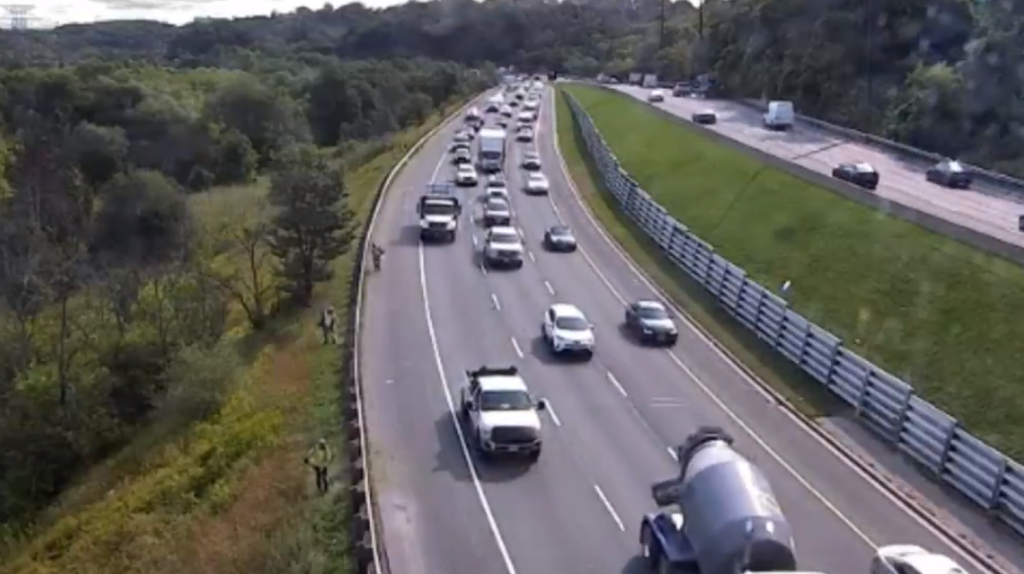Cases of PTSD rising amid COVID-19 pandemic: Canadian Mental Health Association

Posted May 12, 2021 11:57 am.
Last Updated May 12, 2021 3:45 pm.
VANCOUVER (NEWS 1130) – There’s growing research that suggests the COVID-19 pandemic is causing post-traumatic stress disorder (PTSD) in some people.
UBC researchers recently looked into the impact of COVID-19 on nurses and found 47 per cent reported concerning prevalence rates for PTSD.
This comes after a study in Italy this year showed a third of COVID-19 patients could experience PTSD.
Jonny Morris, CEO of the Canadian Mental Health Association (CMHA), says the pandemic has been exposing people to death – or the threat of death – which can trigger PTSD.
“People have experienced suffrage from serious COVID-19 illness and been grappling with the risk of potential death,” he told NEWS 1130. “And of course, thinking about health-care workers like nurses, respiratory therapists, doctors working in ICUs, grappling with those very, very stressful working conditions, absolutely.”
Morris says PTSD “is a mental health condition that’s diagnosable when particular kinds of criteria are met.”
“Also when we hear PTSD, we think about veterans who have returned from war, for example, and have seen and witnessed things that have created an experience of post-traumatic stress disorder. So it’s a type of anxiety disorder that can appear after a traumatic event or series of traumatic events,” he explained, adding this can be triggered by various events, such as natural disasters, crime, war, or this pandemic.
While he stresses the importance of focusing on the physical impacts of COVID-19, he says we also can’t lose sight of how it mentally affects us.
“And I think that light is shining brightly on the mental health impacts of the whole population … but also for those who’ve been diagnosed, and have been treated, and have recovered with different levels of severity related to COVID-19 infections,” he said. “It really does merit attention, focus, and response in the coming months.”
Related articles:
-
Pandemic worsening mental health for women more than men, poll suggests
-
‘Everything is not ok’: new campaign highlights mental health impact of COVID-19
The CMHA says PTSD causes intrusive symptoms, such as re-experiencing a traumatic event.
Morris says if any kind of emotions, feelings, or behaviours, such as reoccurring thoughts, flashbacks about a particular event, anxiety, or irritability, are intervening with daily life, it’s important to reach out for help.
He notes there has been about a 50 per cent increase in people reaching out to the CMHA’s depression and anxiety program. He says there are other programs to help people who may not find support through it.
While the CMHA doesn’t know exactly how many people have reached out with PTSD, Morris says there has been more attention drawn to helping people amid the pandemic.
“The federal budget just a few weeks ago called out PTSD so that there’s an investment coming from the feds focused on PTSD, particularly for folks in professions, workplaces where there’s a higher likelihood that you are witnessing or experiencing traumatic stresses related to the pandemic,” he explained.










